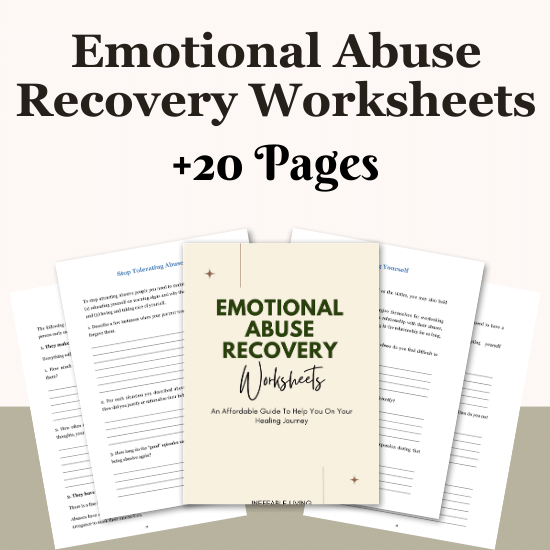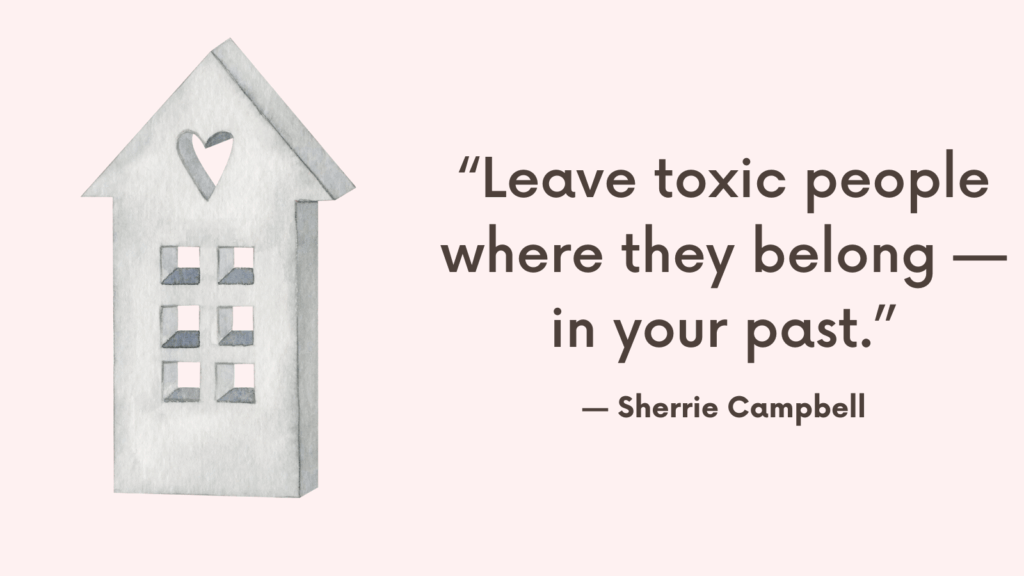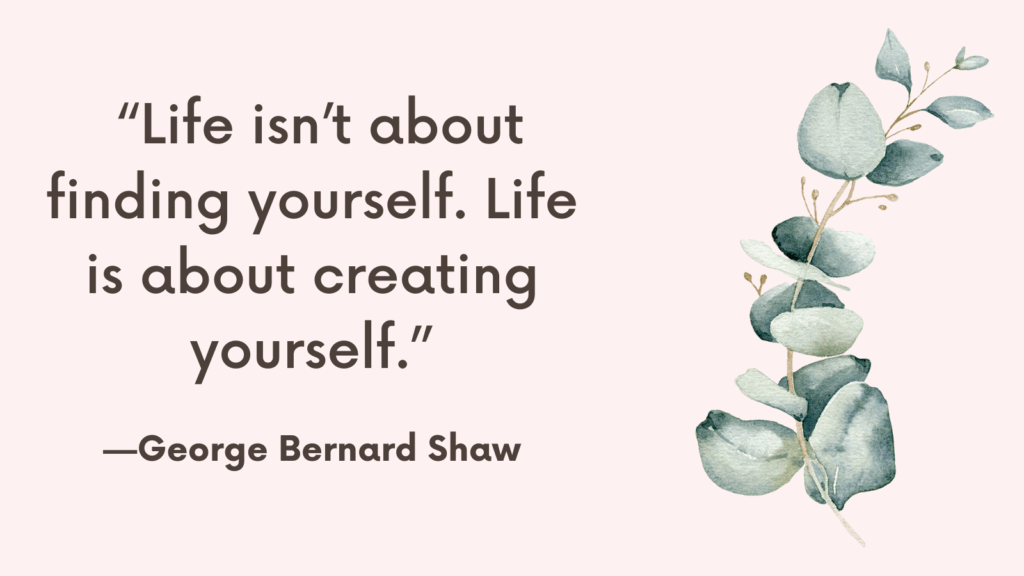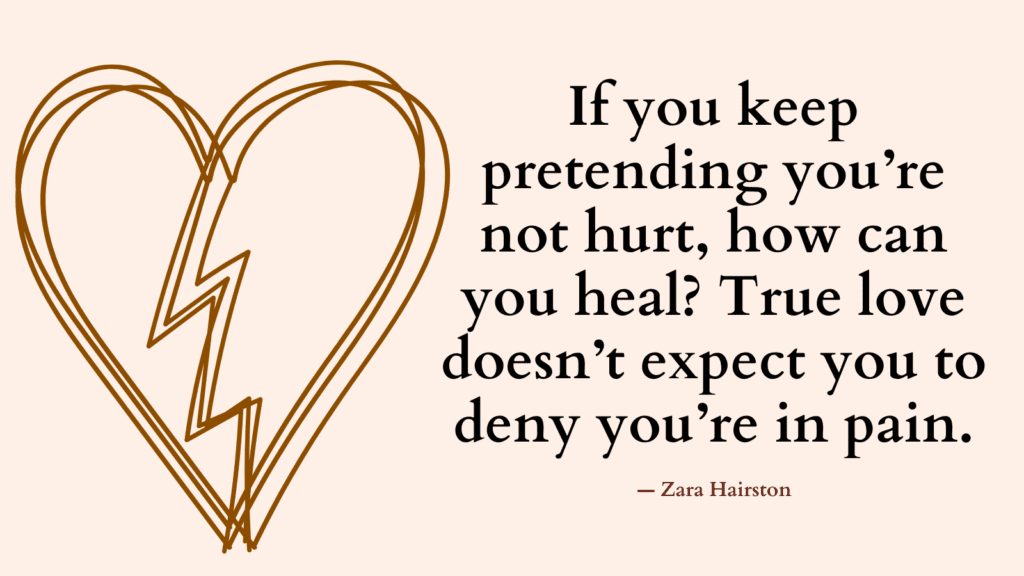Leaving an abusive relationship is often portrayed as a moment of strength — and it is. But what’s rarely talked about is the deep, complex grief that can follow. You finally got out. You know it wasn’t healthy. And yet… you miss them. You ache. You wonder what’s wrong with you for feeling this way.
There’s nothing wrong with you.
Grieving the loss of an abuser doesn’t mean you wanted the abuse. It means you’re human — and humans grieve the loss of connection, hope, and meaning, even when the relationship was harmful. Understanding this grief is key to healing with self-compassion instead of shame.
Grief Doesn’t Always Mean Love
Grief after abuse is not a sign that you made a mistake by leaving. It’s a natural emotional response to loss — not just of the person, but of everything you invested in the relationship.
You’re not necessarily mourning them. You’re mourning:
- The version of them you hoped was real
- The future you thought you were building together
- The parts of yourself you lost trying to keep the peace
- The time, energy, and love you poured in
- The illusion that, if you just tried harder, things would improve
Related: Healing From Emotional Abuse In 12 Practical Steps
Reasons You Might Mourn the Loss of an Abuser
1. The Cycle of Abuse Includes Moments of “Good”
Abusive relationships often involve intermittent kindness or “love bombing” — temporary moments of tenderness that feel like relief from chaos. You may miss those highs, even if they were part of the trap.
2. You Were Trauma-Bonded
A trauma bond is an intense emotional attachment formed through cycles of abuse and reward. It can feel addictive, confusing, and incredibly hard to break — which makes detachment feel like withdrawal.
3. You Were Invested in the Potential
Maybe you saw glimmers of who they could be. Maybe they made promises of change. It’s normal to grieve not just who they were, but who you believed they might become.
4. You Miss the Routine, Not the Reality
Even unhealthy routines offer familiarity. When they’re gone, you may feel lost — not because they were good for you, but because they were part of your everyday life.
5. You Were Conditioned to Believe It Was Love
If emotional manipulation was labeled as “love,” it can take time to separate abuse from affection. You may be grieving the only version of love you knew at the time.
Related: Emotional Abuse Test (+Resources For Emotional Abuse Recovery)
6. You Lost More Than a Partner
In abusive relationships, isolation is common. Leaving can also mean losing friends, family ties, or financial stability — which adds layers to the grief.
How to Honor Your Grief Without Returning to the Pain?
1. Let Yourself Mourn Without Judgment
Your pain doesn’t make you weak. Grief is a form of release. Suppressing it keeps you stuck. Let yourself cry, rage, remember, and process.
2. Separate Grief From Fantasy
Write out the truth of what happened. Not just the good memories — the whole picture. It helps you remember that you’re not just grieving love — you’re grieving a cycle that harmed you.
3. Stay Anchored in the Reasons You Left
Revisit journal entries, text screenshots, or reminders from your support system. When the grief fog rolls in, grounding in reality can bring clarity.
4. Focus on Rebuilding What You Lost
Instead of trying to replace the relationship, rebuild the parts of you that were buried in it — your hobbies, your self-worth, your joy.
5. Talk to Someone Who Gets It
Therapists, trauma-informed coaches, or survivors’ groups can offer validation and tools for healing — especially when grief feels confusing or shameful.
Related: Best 10 Emotional Abuse Books

Conclusion
Grieving the loss of an abuser doesn’t make you broken. It makes you brave enough to feel — to acknowledge what was real, and to mourn what could never be. Grief is not a sign you should go back. It’s a sign you’re stepping forward, even through the pain.
Healing after abuse is not linear. Some days you’ll feel relief. Some days you’ll feel longing. Both are part of the process. And with time, the grief will soften — not because you forget, but because you begin to remember who you are without them. Whole. Worthy. Free.



